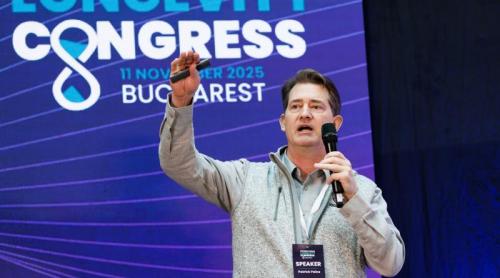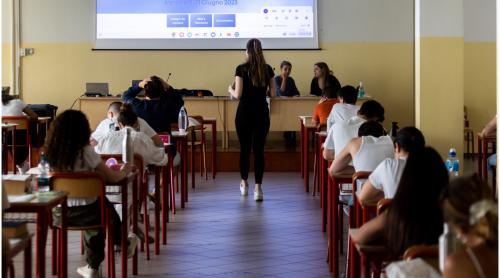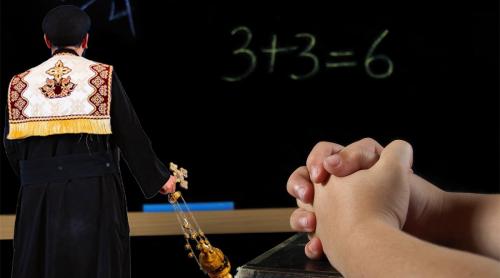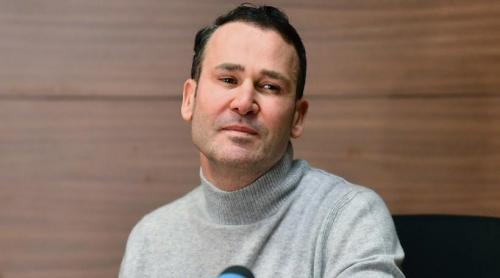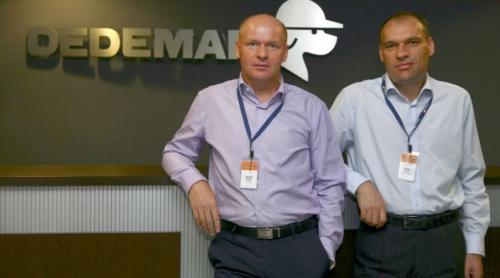
What happens now in Georgia was perfectly predictable. Since the moment in which Kosovo unilaterally proclaimed its independence from Serbia, encouraged by the United States and by the majority of the European Union members.
What happens now in Georgia was perfectly predictable. Since the moment in which Kosovo unilaterally proclaimed its independence from Serbia, encouraged by the United States and by the majority of the European Union members. One didn’t need great analytical skills to see the reaction of Russia coming. Vladimir Putin spoke directly. He threatened that Moscow will speculate the precedent. He even gave examples. South Osetia and Abkhazia were nominated first.
It was clear that Russia expected only a pretext to intervene in supporting the two separatist enclaves in the territory of Georgia. President Mikhail Saakaşvili offered it when he ordered, in the very first day of the Beijing Olympics, a great military attack against South Osetia. Kremlin could finally invoke the "humanitarian reasons" for a military intervention. The Russian troops crossed the border just to "protect" the civilian population from the unleashed "massacre" of the regime in Tbilisi. The Moscow rhetoric is a copy to the one used to justify the NATO war against Serbia.
As always in history, altruism has little to do with a military campaign. Clearly, Russia wants to pay the occidentals in the same way, to prove to them that the precedent of Kosovo can return against their interests. It is not only about the revenge for the fact that Kremlin’s decision towards the dismantling of Serbia has been ignored. "In international relations, rules cannot be different from one case to another”, President Medvedev pointed out for Financial Times. Of course, it is not the double standard that annoys the leaders from Moscow, but the fact that Russia has not really benefited from it during the past years. And this is just the defining privilege of the big powers. After a long period of eclipse, Russia wants to show the world that it should be looked at with the same measure applied in the case of the United States. Beyond this signal there are, of course, the energy interests.
It is not a secret for anyone that Washington supported Mihail Saakaşvili intensely in an attempt to transform Georgia into an alternative route, uncontrolled by Moscow, for the huge resources from the Caspian area. Instability in this region perfectly serves the interests of Russia, which thus strengthens its control over the distribution of fuel supplies to Europe.
If the reasons of Kremlin are clear, it is still incomprehensible what was the thing that determined the Georgian President to suddenly provide the pretext for the intervention. Its decision to attack South Osetia was so surprising that some analysts have said it was an act of craziness. Others have talked about a trap from Moscow, that caught Saakaşvili in a second. Both assumptions are less convincing. It is less probable also that Washington was not aware of the intentions of the leader from Tbilisi, who has an entire team of American experts to advise him. It seems hard to believe that Saakaşvili would have also started an action without the prior consent of the United States.
However, why would the United States encourage the Georgian offensive in South Osetia, offering Russia the expected "casus belli"? Strategists in Washington could not have doubts regarding the reaction of Moscow. Why didn’t they prevent this stupid adventure? There is one possible explanation: the return to the Cold War rhetoric is comfortable for the White House at this moment.
Why? Because Americans are in an election year and they will elect a new president in the autumn. The results of the disastrous Bush Administration are a heavy burden for Republican candidate, John McCain, who already has problems in the polls in the competition with the young charismatic Barack Obama. Veteran of the Vietnam War, McCain could be more convincing in a speech built on the logic of the former bipolar world. His experience would be valued if the Russian threat would become the central theme of the election campaign. Further, it could deviate the public’s attention from the extremely sensitive issues for the Republican Party, such as the war in Iraq or the economic recession in the United States.
It is therefore very likely that tensions between Moscow and Washington would go up in the autumn. We will attend war statements, theatrical gestures and military exercises. But that will be about all. The Bush Administration needs the "evil Empire" scarecrow, but the United States cannot afford a war with Russia now and Moscow knows and takes advantage from it.
Citește pe Antena3.ro

